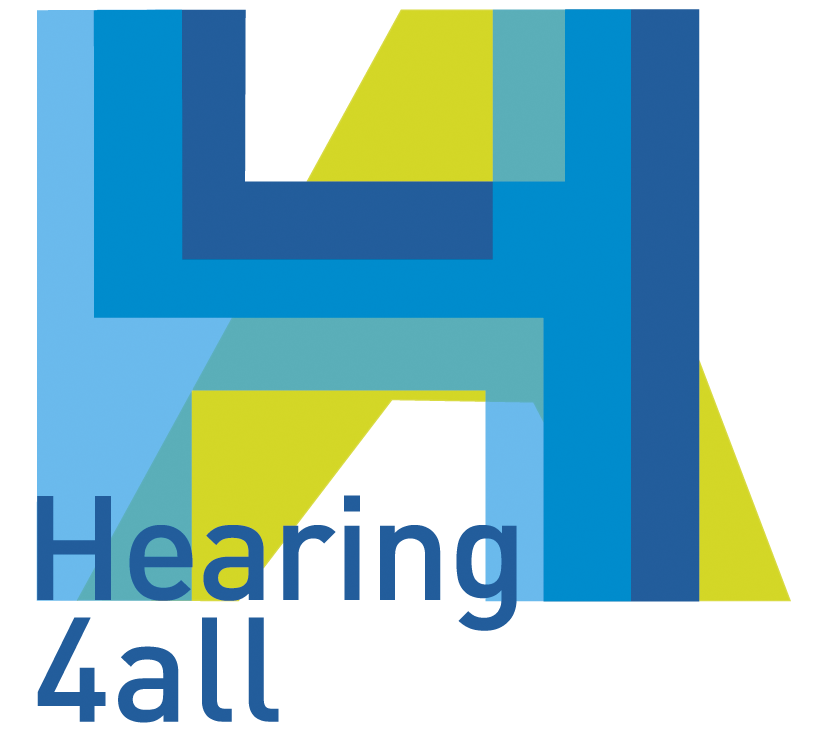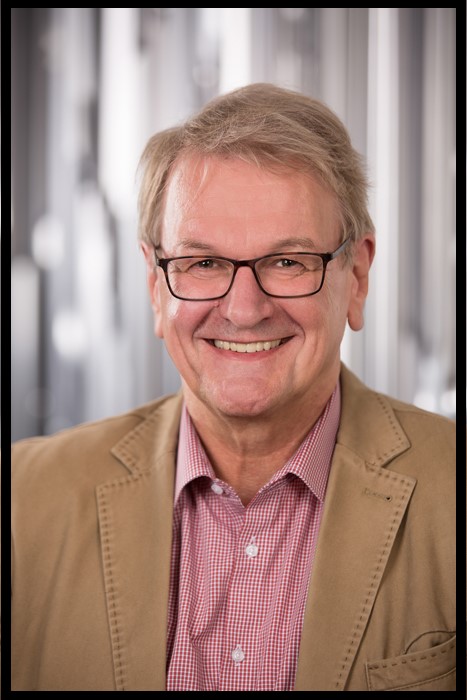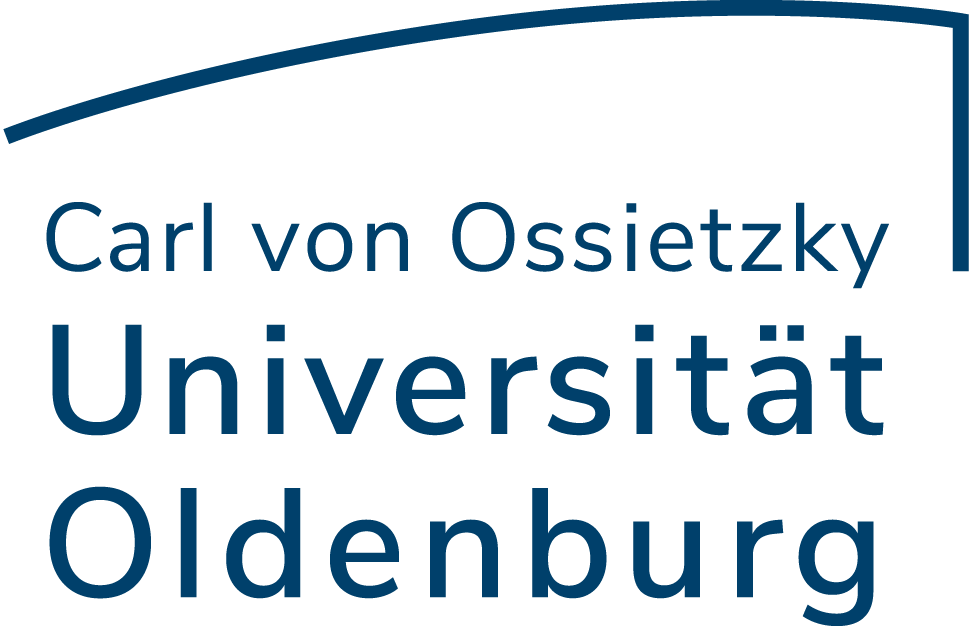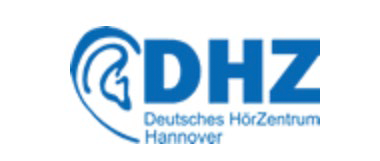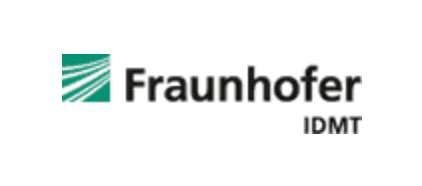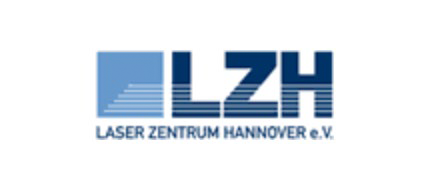The Cluster of Excellence Hearing4All mourns the death of Prof. Dr. Peter Behrens
Peter Behrens was a highly recognised and esteemed scientist, an outstanding personality, an excellent university teacher and a reliable colleague. He became known beyond his own field through his research work on materials and solid-state chemistry. He left his own scientific mark on the broad field of microporous inorganic materials, above all by opening the doors to biomedical applications. Here, porous and biomimetic materials and the functionalisation of solid surfaces were used for applications in implant research, targeted drug delivery and regenerative medicine, among others. During his scientific career, Peter Behrens published more than 300 research articles in internationally renowned journals.
Peter Behrens was born in Hamburg on 29 June 1957. He studied chemistry at the University of Hamburg, where he graduated in 1985 and three years later, funded by the German National Academic Foundation, received his doctorate in the field of graphite intercalation compounds. He moved to the University of Constance in 1988 and completed the first phase of scientific independence with his habilitation in November 1994. That year also saw a 4-month post-doctoral stay at the University of California in Santa Barbara. In 1994 Peter Behrens accepted a call to a C3 professorship at the Ludwig Maximilian University in Munich. During this time, many foundations were laid for the research work that followed. In 1998, he moved to a C4 professorship in Hanover, where he quickly made his mark on the Institute of Inorganic Chemistry. He succeeded in focusing on materials chemistry at an early stage – a decision that, in retrospect, must be judged as extremely successful.
In the 35 years of his academic career, Peter Behrens supervised a total of almost 100 doctoral students. It was the interdisciplinary combination of techniques used in his laboratory with wide-ranging collaborations into medicine, physics and engineering that made his research group so attractive to so many students. There is no question that his friendly, empathetic, positive and integrating charisma combined with his sharp analytical mind were and are significant for the establishment of diverse collaborations at the location. For Leibniz University in particular, his name is linked to the founding of the Leibniz Institute for Nano and Quantum Engineering (LNQE), the former Centre for Solid State Chemistry and New Materials (ZFM), the excellence clusters Hearing4All and PhoenixD, and the conceptualisation of the system change for advanced chemical education from the diploma era to the master’s era.
In the Cluster of Excellence Hearing4All, Peter Behrens worked in close cooperation with colleagues from the University of Oldenburg and the Hanover Medical School, particularly in the area of controlled drug release on cochlear implants. For this purpose, he specifically used methods of loading nanoparticles with active substances or techniques of so-called click chemistry. In addition, as one of the directors of the Joint Research Academy (JRA) in Hearing4All, he contributed his great enthusiasm for teaching and supervising doctoral students.
Peter passed away on 13 January 2023. We are losing a colleague who had a significant impact on the teaching and research content of our cluster. It is a great human loss that we cannot replace.
Our condolences go out to his family and friends.
The Hearing4All Cluster Board (representing all members of the cluster)
Prof. Dr.-Ing. Holger Blume
Prof. Dr. Georg Klump
Prof. Dr. Dr. Birger Kollmeier
Prof. Dr. Andrej Kral
Prof. Dr. Thomas Lenarz
Prof. Dr. Christiane Thiel
